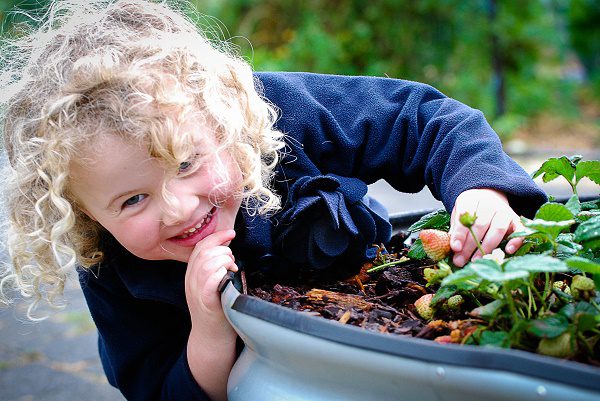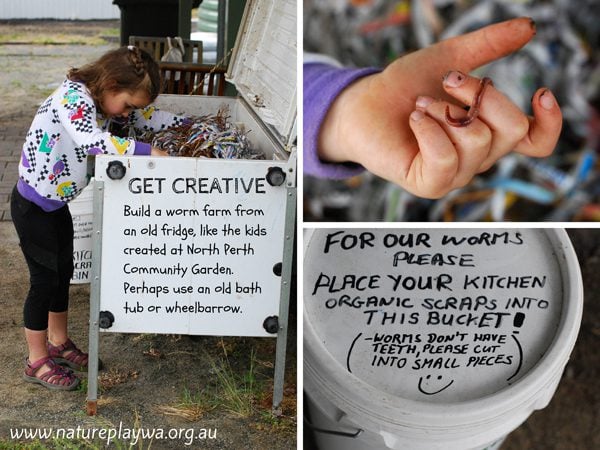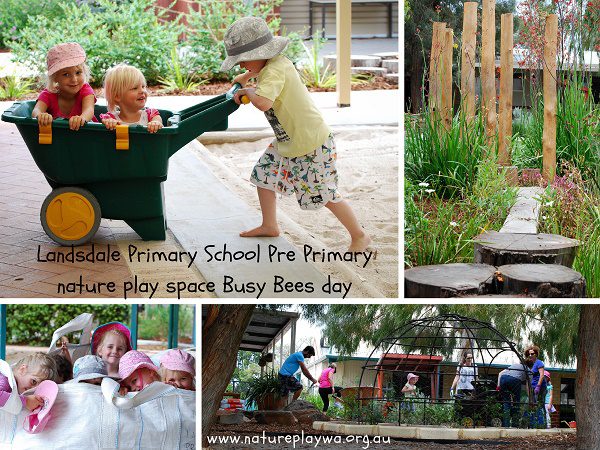Being part of a community garden gives kids and their families opportunities to be active together, share cultural traditions and develops a sense of belonging to the community.
Kids gets a chance to roam and explore in an unstructured natural environment which gives them a sense of control over what they choose to experience and how they make choices and decisions. Not only do they get to gain knowledge of plants, wildlife and value the environment, they also get to plan, build and invent with loose parts and structures within the open land space.
Including children in the planning and working process to maintain a shared garden space develops:
- a sense of ownership and understanding of the world around them
- respect and concern for the environment and wildlife
- recycling and minimising waste by composting, mulching and worm farming
- decision making and problem solving
- communication and social skills to make new friends
- the value of cooperating with other people and the community they live in
The Growing Communities WA Project lists the benefits of community gardens as:
- Community building / Community development
- Environmental sustainability
- Health and wellbeing
- Access and inclusion
- Education and training
- Enterprise
- Arts and culture
Adults are a healthy role model for kids and can get them involved with an existing community garden or help start a new one. Community garden can be established at places such as: schools, hospitals, spare council land, old sporting grounds, parks, playgrounds, rooftops or road sides.



